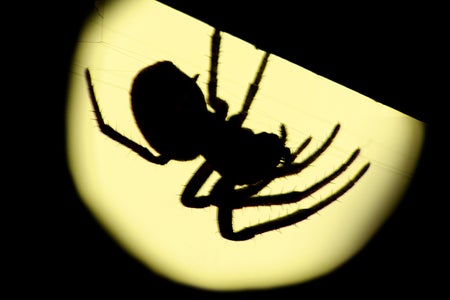
New ‘Unconscious’ Therapies Could Help Treat Phobias
These therapies dampen fears absent direct exposure—no need to be in the room with a live tarantula
Simon Makin is a freelance science journalist based in the U.K. His work has appeared in New Scientist, the Economist, Scientific American and Nature, among others. He covers the life sciences and specializes in neuroscience, psychology and mental health. Follow Makin on X (formerly Twitter) @SimonMakin

New ‘Unconscious’ Therapies Could Help Treat Phobias
These therapies dampen fears absent direct exposure—no need to be in the room with a live tarantula
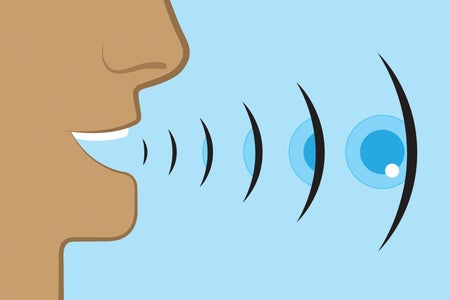
Anyone Can Learn Echolocation in Just 10 Weeks—And It Remodels Your Brain
Human echolocation repurposes parts of the brain’s visual cortex for sound, even in sighted people

Tiny Babies Who Can Smell Their Mother Recognize Faces Better
A smell’s effect on facial recognition is key at first—but decreases as a baby’s eyesight improves
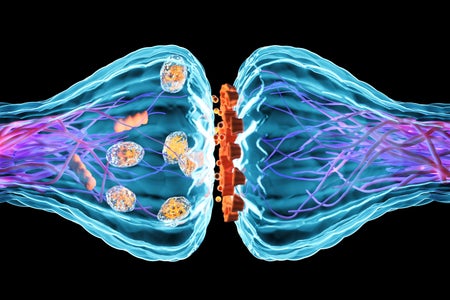
Brain Scientists Finally Discover the Glue that Makes Memories Stick for a Lifetime
A long-running research endeavor reveals key chemical players that cement memories in place—and still more have yet to be discovered

Phantom Costs Explain Why Some Deals Seem ‘Too Good to Be True’
Fear of phantom costs pushes us to avoid “free money” or “too good to be true” offers

Not Everyone Has an Inner Voice Streaming through Their Head
The extent to which people experience “inner speech” varies greatly, and the differences matter for performing certain cognitive tasks
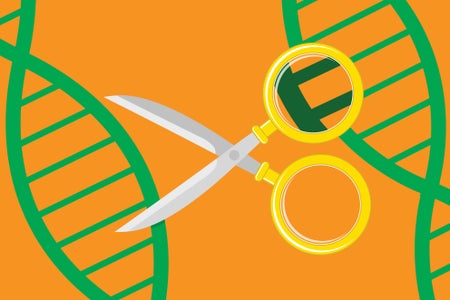
Easy-to-Use CRISPR Tests Could Change How We Diagnose COVID and Other Illnesses
Gene-cutting diagnostic tests could be as easy as a rapid COVID test and as accurate as PCR
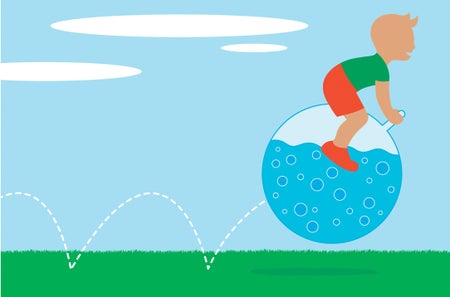
Tiny Spheres Key to Tunable ‘Smart Liquid’
Programmable liquids could aid robot grippers, shock absorption, acoustics, and more
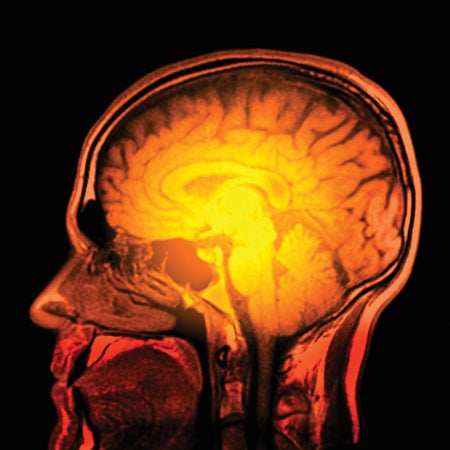
Scientists Discover Extensive Brain-Wave Patterns
Certain brain layers specialize in particular waves—which might aid understanding of neuropsychiatric disorders
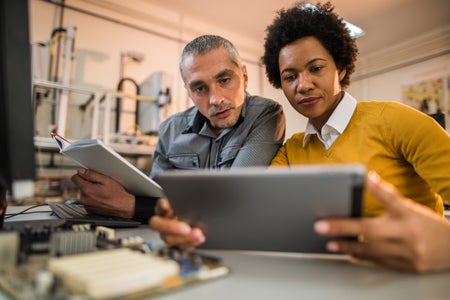
Collaborating in Person May Spark More Innovative Research
Bringing people together virtually doesn’t seem to boost disruptive research
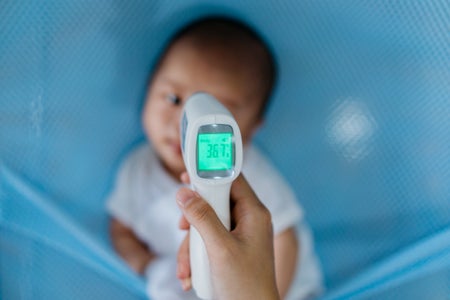
Here’s Why Infants Are Strangely Resistant to COVID
Very young children’s developing immune systems respond to the COVID-causing virus SARS-CoV-2 very differently than do those of adults

People Have Very Different Understandings of Even the Simplest Words
Distinctive meanings for a word like “risk” can have a big impact on public messaging, especially when it comes to issues like climate change

Machine Learning Creates a Massive Map of Smelly Molecules
Scientists can finally predict a chemical’s odor without having a human sniff it
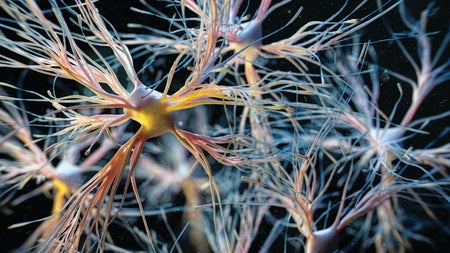
Newfound Hybrid Brain Cells Send Signals like Neurons Do
Some astrocytes, thought to play only a supportive role in the brain, can communicate with neurons
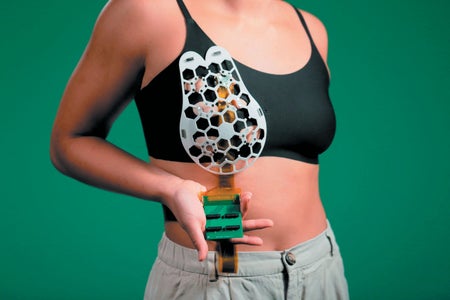
New Portable Breast Cancer Scanner Can Fit in a Bra
Scientists have developed an ultrasound device to detect aggressive breast cancer that may develop between screenings
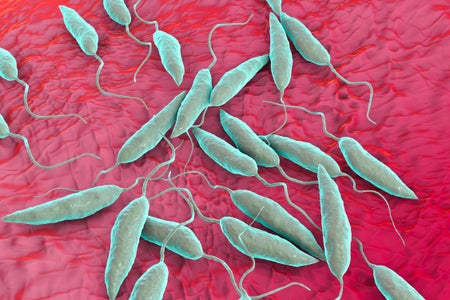
A Nasty Tropical Skin Disease Is Now Endemic in the U.S.
A unique U.S. strain of leishmaniasis has just been reported
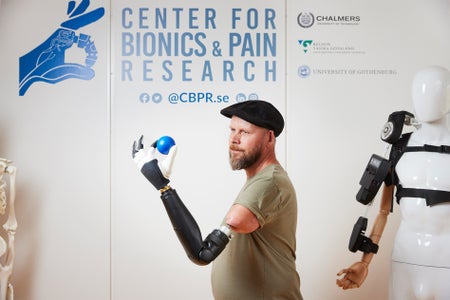
Above-Elbow Bionic Arm Can Control Every Finger
Researchers have created the first nerve-controlled prosthetic hand that can be used in daily life
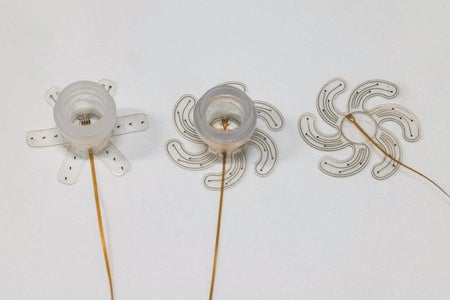
New Soft Electrode Unfolds inside the Skull
An electrode inspired by soft robotics could provide less invasive brain-machine interfaces
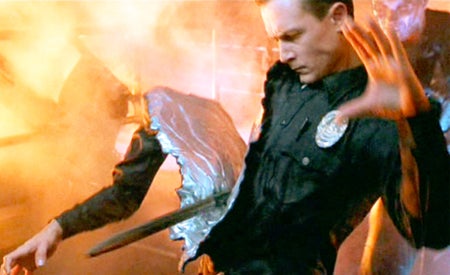
Shape-Shifting, Self-Healing Machines Are Among Us
Electronics that can bend, stretch and repair themselves could potentially work in applications ranging from tougher robots to smart clothes
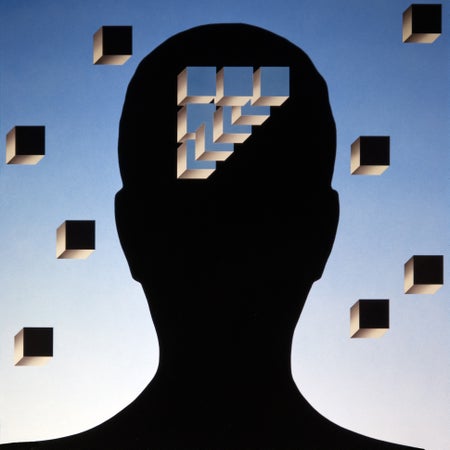
Images in the Mind’s Eye Are Quick Sketches That Lack Simple, Real-World Details
Pictures conjured by the mind’s eye lack detail, despite how vividly you picture them
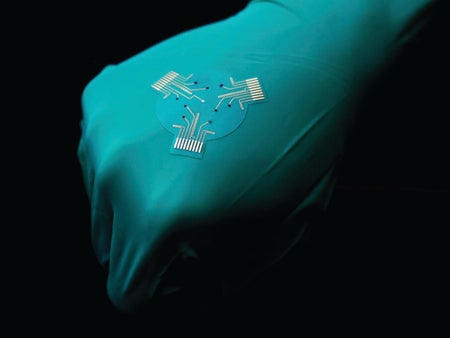
Electric Bandages Heal Wounds That Won’t Close, Animal Study Shows
New technology combines electricity and drugs to stimulate healing of tenacious wounds
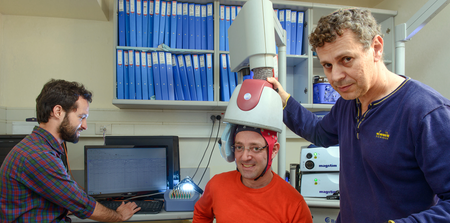
Quitting Smoking Is Hard. New Brain-Zapping Tech Could Help
Magnetic stimulation of brain regions could help people stop smoking, but researchers are still learning how to deliver the treatment effectively
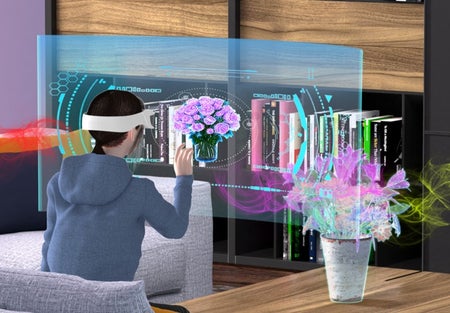
Virtual Reality System Lets You Stop and Smell the Roses
A wireless device worn on the face or lip can produce fragrances such as lavender and green tea in a virtual world
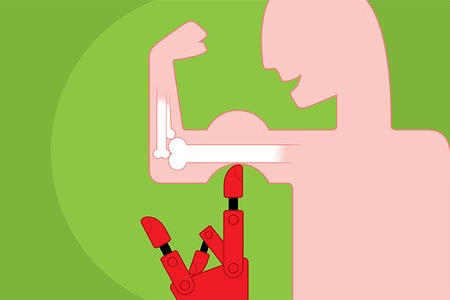
Bionic Finger ‘Sees’ Inside Objects by Poking Them
A robotic finger’s supersensitive touches could probe inside body parts and circuits